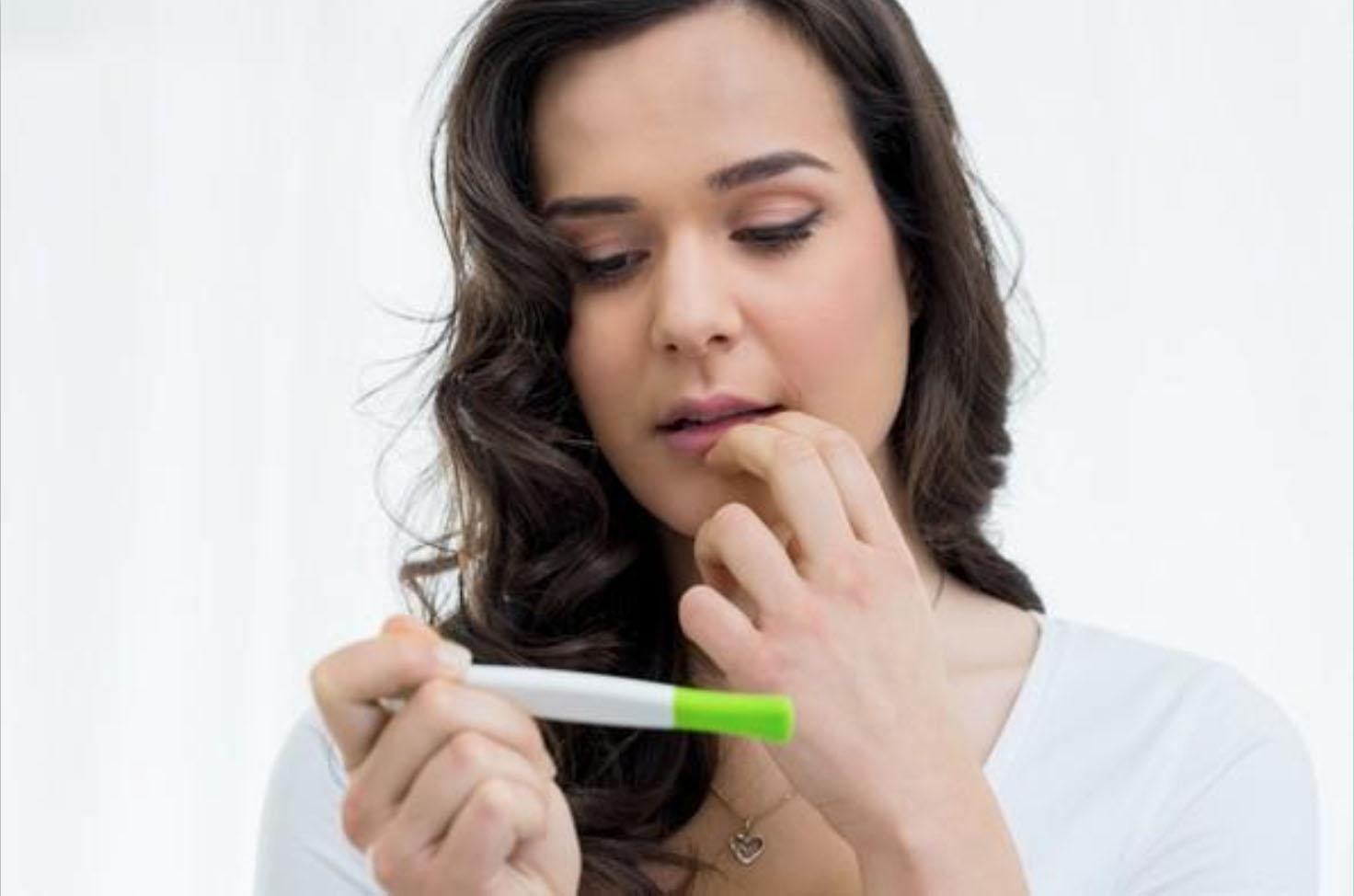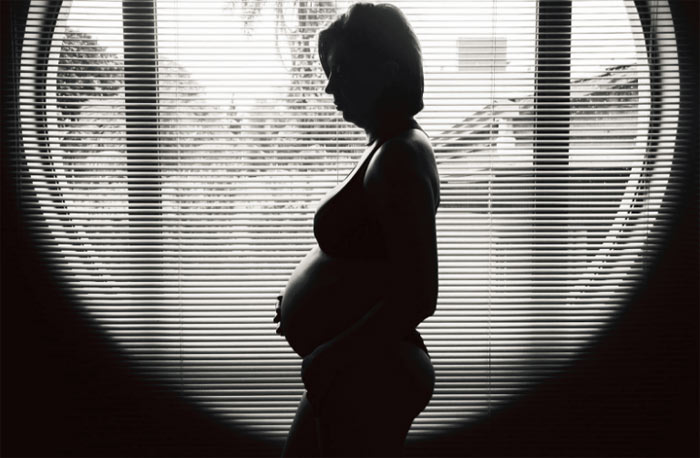Pregnancy After Abortion: Things to Know
So there was an abortion – what comes next? What about the next conception, can it end with successful delivery, or must the possibility be scratched off? A moot question, that, requiring looking into. Here is what you must know about it.
When can you get pregnant again?
The first thing to know is that abortions reset the menstrual cycle. The release of an egg from the ovary is apt to occur about halfway through the menstrual cycle – therefore you can expect ovulation to arrive two weeks after you underwent an abortion.
It means you have your usual chances to get pregnant in about 14 days after the abortion without even having to wait until you have had your next period.
Since not all women have equal 28-day cycles, this timing remains approximate. With women who are given to shorter cycles, ovulation – and the possibility of conception – can arrive as soon as on the eighth day following the procedure.
The timespan allowing you to conceive is also stipulated by the length of your pregnancy before it was aborted. If after the procedure pregnancy hormones remained in the body (and they can stay on for a week or even longer), both ovulation and menstruation may be delayed.
Should you get pregnant after an abortion, the usual pregnancy symptoms will reveal themselves, such as:
- succeeding period missed
- getting tired quickly
- vertigo and/or sickness
- breasts become sensitive
- smells or tastes are perceived sharper
If for six post-abortion weeks you have been missing a period, run a pregnancy test at home. Getting positive results, consult a doctor for undergoing a blood test: you have to know whether what you have is a new pregnancy or the test showed the presence of hormones lingering on after the interrupted pregnancy.
Is it harder to get pregnant after you had an abortion?
The predominant notion is an abortion does nothing to prevent or make it harder to get pregnant anew. Although we have to accept that women differ from one another and fertility depends on a number of factors to take into account, abortion does not weigh that much. Some experts are inclined to say that abortion can make conception even easier, but the idea has little scientific support behind it.
The effect of abortion on future pregnancies
Abortion can be done medically or surgically; the former is believed to involve fewer risks compared to the latter, although this can be accounted for by the fact that medical abortions are generally performed during early pregnancy. An early abortion is by itself a factor decreasing the risk of possible complications.
Research establishes that a medical abortion can be relied upon to be safe, not to cause complications in future pregnancies or such mishaps as ectopic pregnancies, pregnancy loss, out-of-term birth, or low birth weight.
An abortion involving surgery implies the removal of the fetus utilizing suction and a curette (a special tool); it can be referred to as dilation and curettage.
Dilation and curettage, that is, the removal of the fetus via suction, in luckless cases may result in leaving small scars and scratches on the uterine wall. This complication is dubbed Asherman’s syndrome. Should this happen, it may afflict new pregnancies adversely, and pregnancy losses may ensue.
Are abortions safe?
In order to ensure the safest abortion possible, it should be done as early into the pregnancy as it can be arranged. After a certain period of time has passed, the risk of complications grows greater with any chosen method of abortion.
Still, neither method is seriously fraught with complications. Research into the matter revealed that in 50,273 women embraced with a total of 54,911 abortions only 2.1% of cases registered complications. Grave complications were reported in 0.23% of cases.
Should complications occur, a need for special treatment may arise to inhibit any future pregnancy problems. Every such case should be inspected and addressed separately.
It is commonly recommended, after abortion by either method, not to resume having sex until the bleeding halts. Post-abortion bleeding can persist for 14 days, longer in some cases. To stay on the safe side, some doctors enjoin from sex until after one menstrual period has passed. There is a risk of infection if one resumes sex too soon after the procedure.
There may be cases when sex has to be delayed for an even longer timespan; usually, it is advisable if the abortion was performed at later stages or led to complications.
After abortion: how to heal emotionally?
An abortion is apt to be a difficult decision made when sieged by conflicting emotions, so besides physical healing, it may require healing your emotions before you are ready to move on. Being emotionally distressed is quite natural and also requires treatment.
First of all, patients would do well to smother self-judgment, seek support from partners and friends, be compassionate toward themselves, and consider engaging mental assistance and/or therapy.




